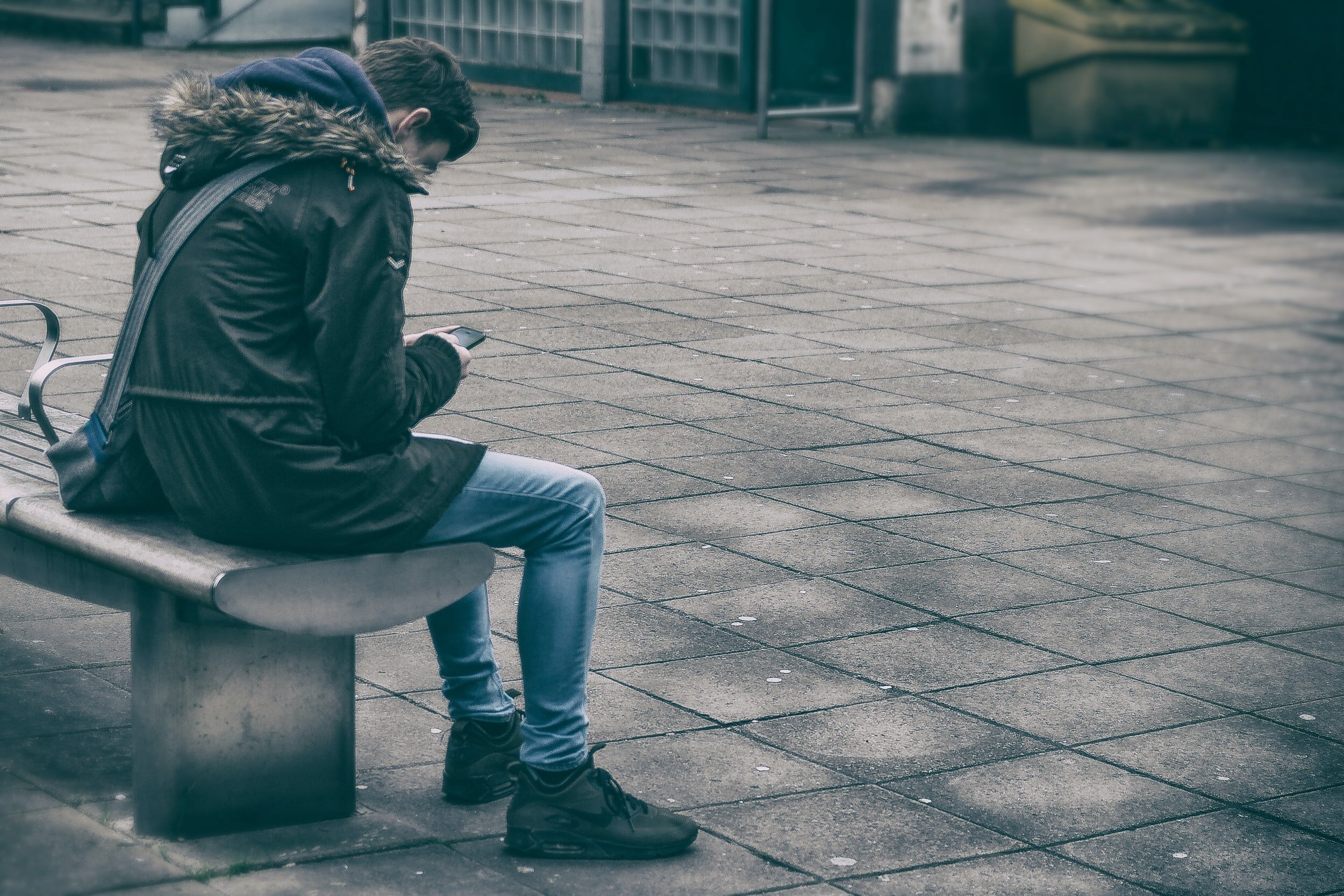Bullying and Cyberbullying: A Young Person’s Guide
We are spending more time than ever online during the pandemic. It is really important for our wellbeing and mental health to keep in touch with our family and friends during these tough times, when we cannot physically meet. As our worlds temporarily become smaller and we reach out to connect online, it is vital that we are mindful of the significant impact bullying and cyber bullying has.
Anti-Bullying Week is an annual event created by the Anti-Bullying Alliance to raise awareness of bullying of children and young people, in schools and elsewhere. The aim is to highlight ways of preventing and appropriately responding to bullying. To mark this important campaign we invited Lucy-Paige Willingham, a member of eNurture’s Youth panel, to takeover our Instagram account for a week and post content on bullying and cyberbullying from a young person’s perspective. Below is Lucy-Paige’s summary of the key issues, advice and guidance that she highlighted during Anti-Bullying Week (16-22 November 2020).
Go to the eNurture Instagram account @enurture_network to see all the posts and stories from the week.

During my eNurture Instagram takeover for Anti-Bullying Week I covered a range of topics including: tips on what to do if you or someone you know is being bullied; information on support systems in and out of schools; information for parents and carers who suspect their child is being bullied; how to spot toxic behaviours and build healthy relationships; tips on self-care and reaching out to others. This blog summarises some of the key points from the week.
Some important things to remember if you are being bullied or when you witness bullying
Tell someone you trust what is happening
Don’t retaliate in the situation
Surround yourself with people who make you feel happy and appreciated
Never blame yourself
Screenshot and save the messages if you’re experiencing cyber bullying
Report, block or mute the contact - do not engage in contact with them
Remember you never need to change, just be yourself
Toxic relationships
A major issue that occurs with bullying is that often it can be the people who you believe are closest to you putting you down and bullying you. Being able to spot this can be difficult but one way which this can be highlighted is by recognising how that person makes you feel and whether you believe this is how you should be treated within a healthy relationship. Sometimes, in these situations bullying can be presented as emotional blackmail where people feel obligated to stay friends with someone who is bullying them because they are “friends”. This needs to be recognised as a toxic relationship and your needs must be prioritised. If the person does not make you feel happy and constantly puts you down, this is not a healthy relationship and is not the best for your mental wellbeing.
The anti-bullying charity Kidscape provides some suggestions of things that might indicate that a friend isn't a good friend:
They might say "brutally honest" things to you which are unkind or hurtful
Put pressure on you to do things you don't want to do
Laugh at you, or encourage others to laugh at you
Talk about you behind your back
Deliberately leave you out of group chats and activities
Share things about you online
Make you feel bad about yourself
Be kind online and offline
Small acts of kindness can make someone feel so much better, we never know what someone is going through at that moment in time. Small acts of kindness can be something as simple as a compliment, it might be something that person needs to hear to help them through a tough time. In the online world, it can be easier to say things that can be misunderstood or appear cruel or hurtful. We need to think carefully about what we say online too.
Self-care
One of the most important things to remember if you are going through a hard time with bullying is to look after yourself. Bullying can have a massive impact on self-esteem, anxiety, insecurities, sleep, feeling isolated/ isolating yourself and low moods. The best way to tackle these mental impacts is to remember to look after yourself and boost yourself up, even when someone may be putting you down. I realise that this is easier said than done, however, the smallest steps towards a positive mindset can make the biggest impact.

Some ways you can do this are:
Do things that you enjoy and make you happy
Set time for yourself during the day
Listen to positive and calming music
Go for a walk or other exercise
Do meditation and yoga
Use daily affirmations
Do small tasks to feel accomplished
Reach out to friends and family
Surround yourself with people who bring you happiness
Some useful helplines and resources
NSPCC
Helpline: 0808 8005000
18 or under: 0800 1111
Email: [email protected]
Website
School Resources
Childline
Helpline: 0800 1111
1-2-1 counselling chat online (7:30am - 3:30am)
Email from “Your Locker” by signing up at their website
Website
Internet Matters
Helpline: 0808 8002222
Email: [email protected]
Website
Papyrus
HOPELINEUK 0800 068 4141
Text: 07860 039 967
Email: [email protected]
Website
Young Minds
Parents helpline: 0808 8025544
Crisis Manager: Text ‘YM’ to 85258
Website
Anti-Bullying Alliance
Cyberbullying: why teachers need more support to tackle this insidious threat
Bullying UK
Useful resources on cyberbullying and how to stay safe online
Kidscape
Dealing with cyberbullying
UNICEF
How to stop cyberbullying
Diana Award: Anti-Bullying Pro
What to Do if You’re Experiencing Racist Cyberbullying Behaviour
I hope this information was helpful and do check out eNurture’s website and Instagram account for more resources, advice and guidance
Lucy-Paige Willingham
eNurture Youth Panel Member





